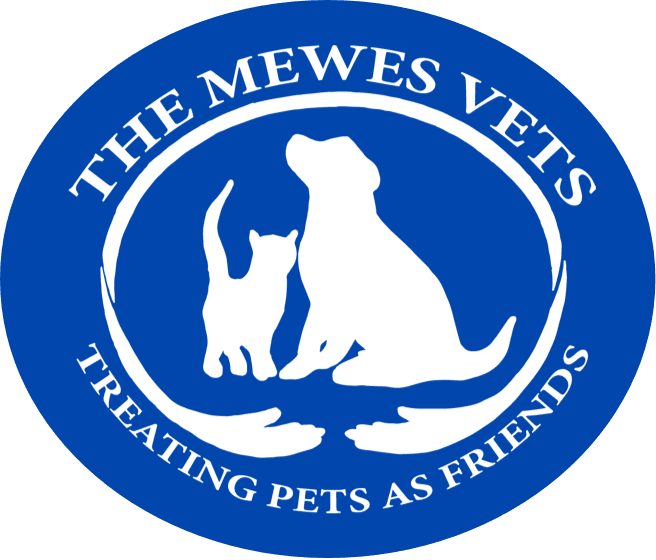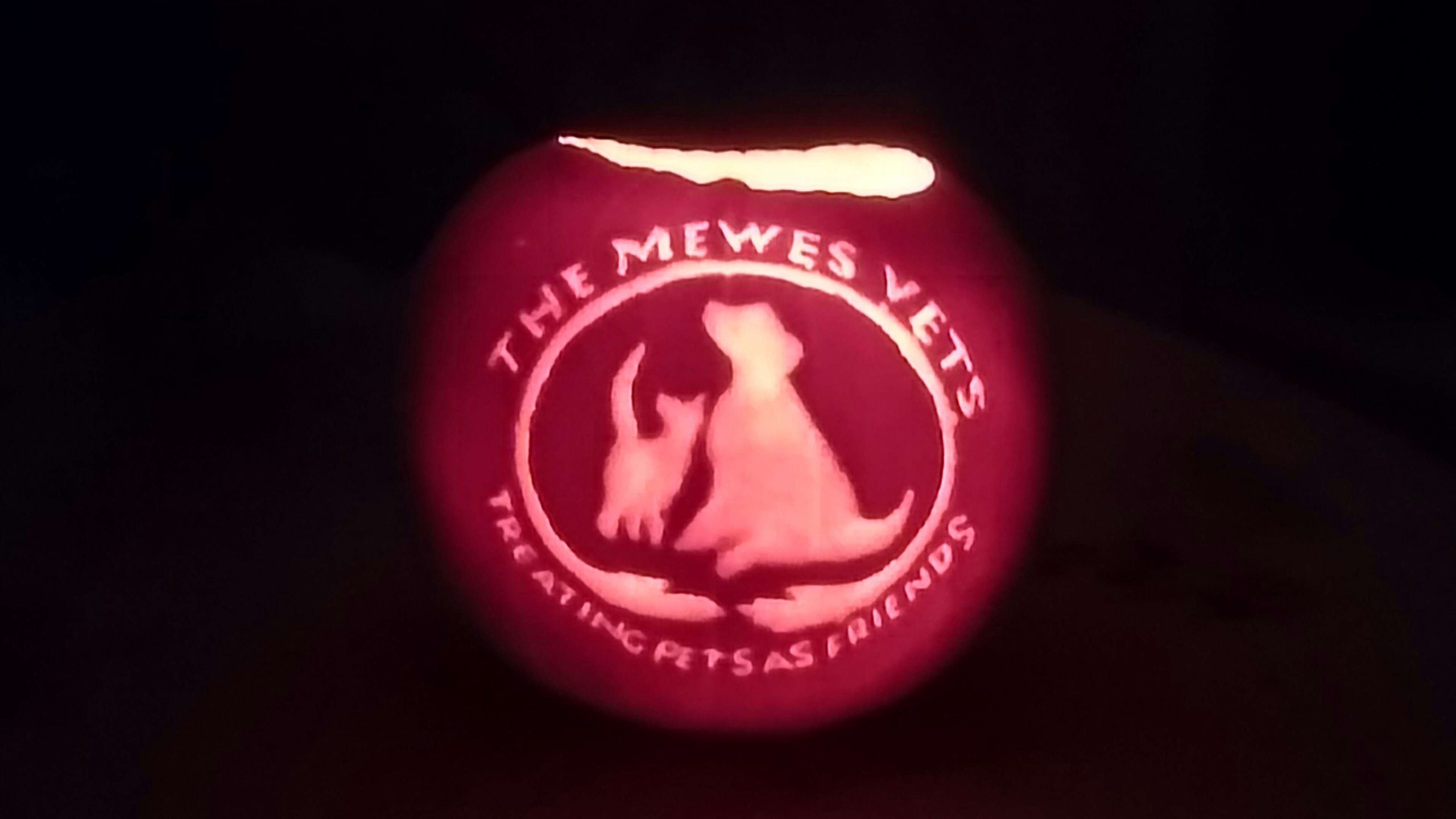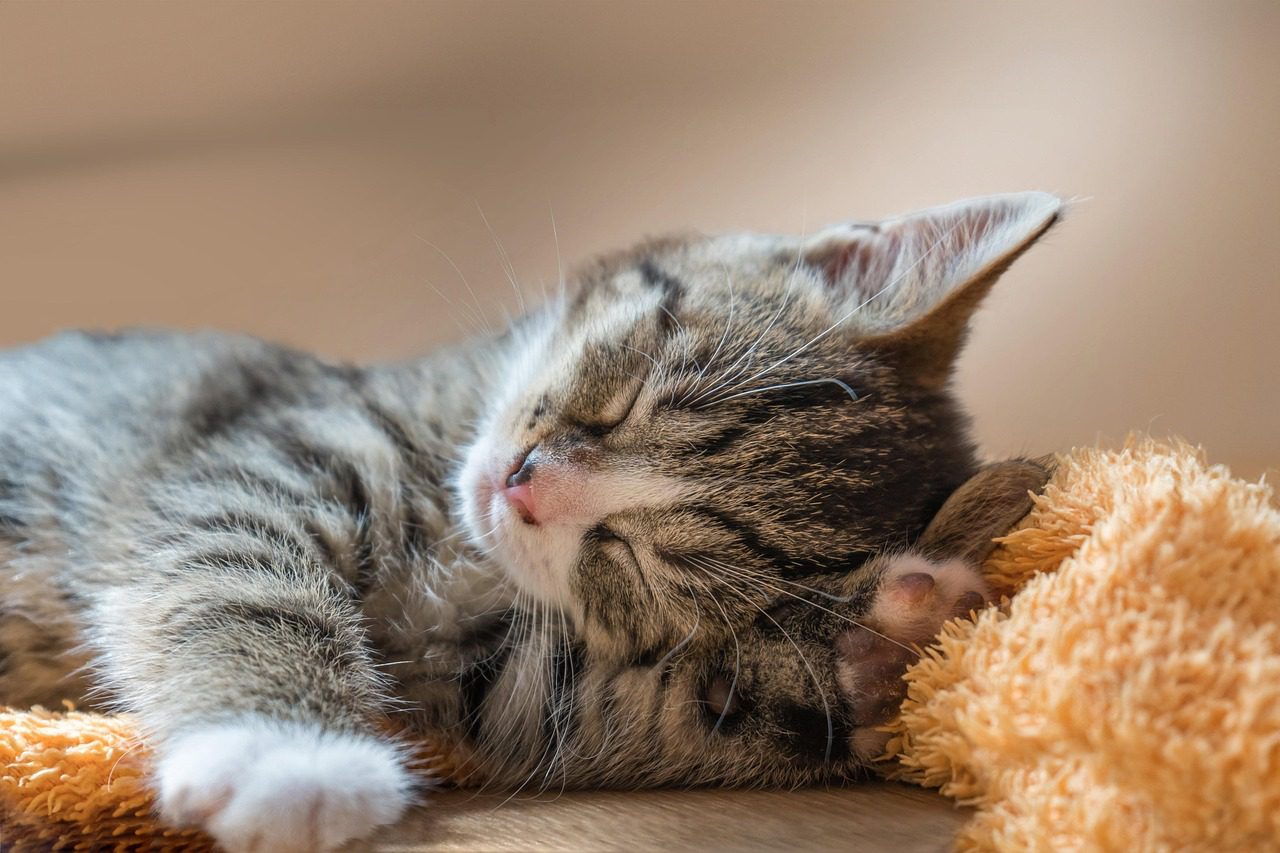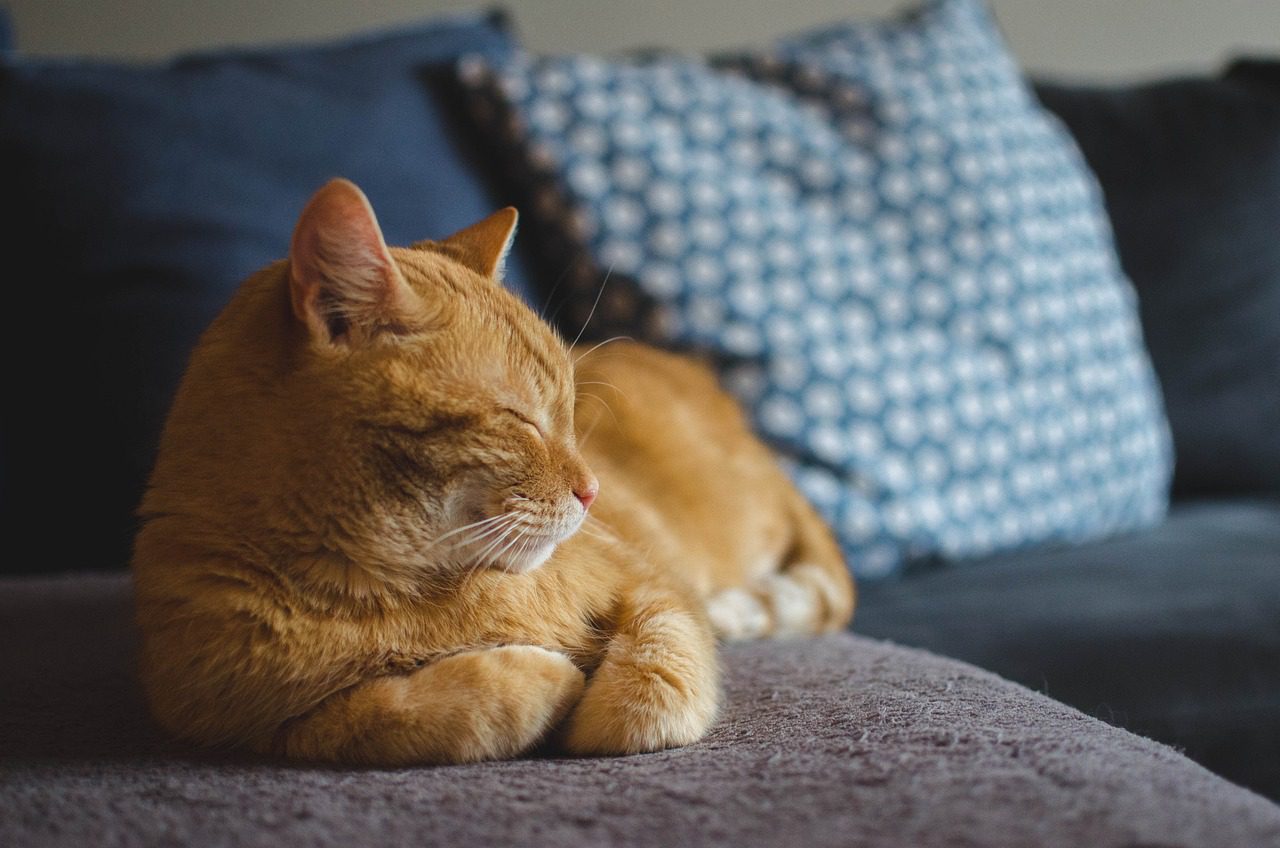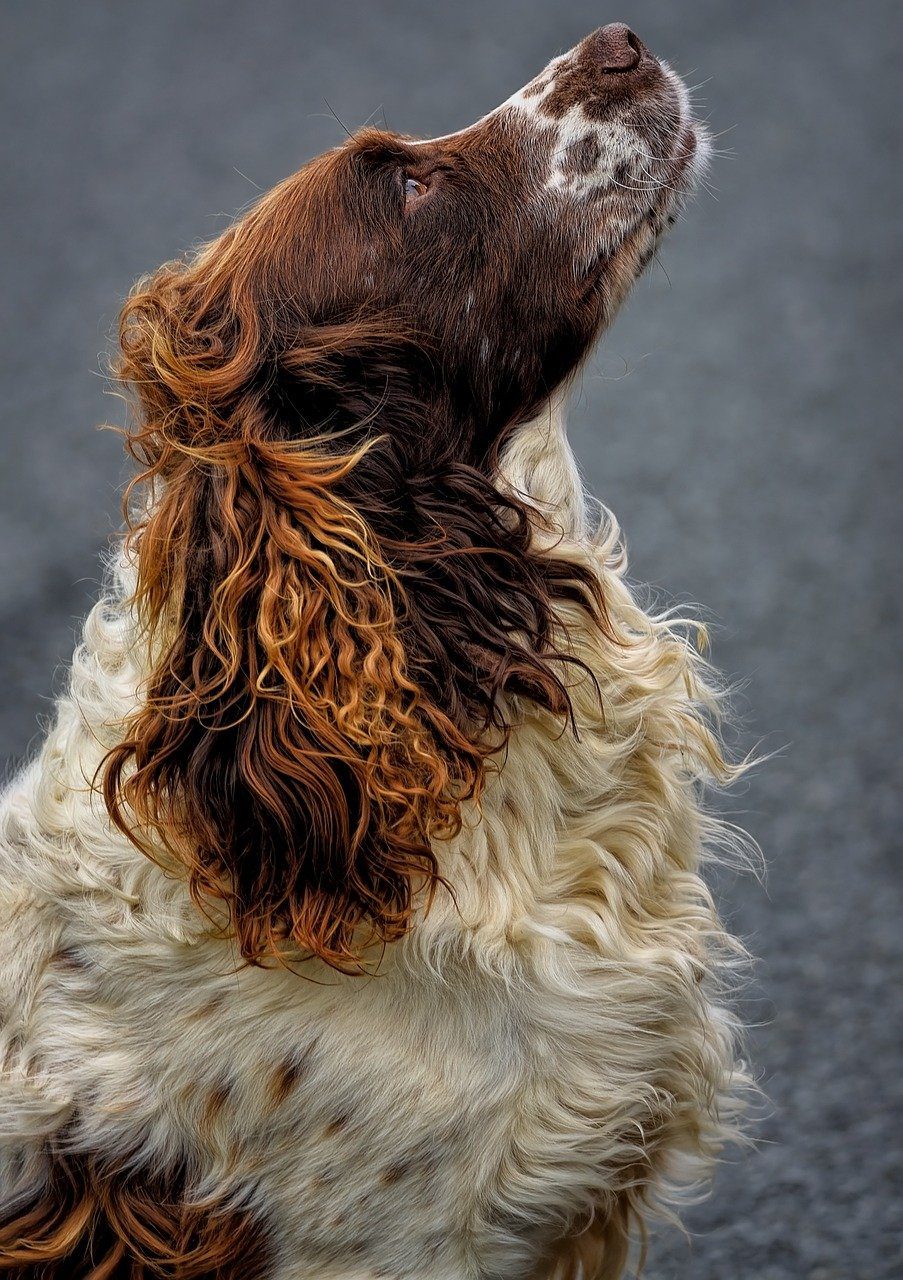Halloween and Bonfire Night both fall within a week, and each present our pets with possible issues.
I have just read my monthly newsletter from the Veterinary Poisons Information Service. They report that these weeks running up to Halloween are one of their busiest periods.
This reflects the risk of pets getting access to unusual amounts of chocolate and sweets by mistake.
Most dog owners are aware that chocolate is very dangerous to their pets, but the same danger also applies to cats.
The primary toxins in chocolate are a chemical called theobromine and the caffeine content. Theobromine is harmless to people, but can cause similar symptoms in pets as a caffeine overdose does in people.
Dogs and cats who have stolen some chocolate will show symptoms like hyperactivity, a racing heartbeat and fast breathing or panting. They might show muscle twitching, tremors, vomiting, and diarrhoea. They can even start to fit, or go into a coma. Sometimes, if enough is taken and treatment is too slow, it can be fatal.
Many sweets may contain a different pet toxin called xylitol. This is a ‘sugar-substitute’ used in sugar-free sweets, gum, chocolate, peanut butter and many more treats. Harmless to people, and cats, it can cause hypoglycaemia and liver failure in dogs.
Symptoms would include weakness, vomiting, lack of coordination and difficulty walking or standing. Affected dogs become lethargic, and may develop tremors, seizures and become comatose if taken in sufficient quantities.
If you think your pet has eaten some Halloween treats, please call your vet at once. It is easy to calculate what the risk is by estimating how much they have eaten, and comparing that to their weight.
Better still, keep all sweets, treats and chocolates well away from your pets.
Sadly, our wonderful Sussex tradition of Bonfire Society parades is taking time out, due to coronavirus restrictions. But there may still be families who would like to let off a few fireworks.
These sadly can be quite upsetting to nearby animals. Pet owners are welcome to ask my team for a detailed hand-out on how to help their pets stay calm during this high risk week. Just email enquiries@themewes.co.uk
